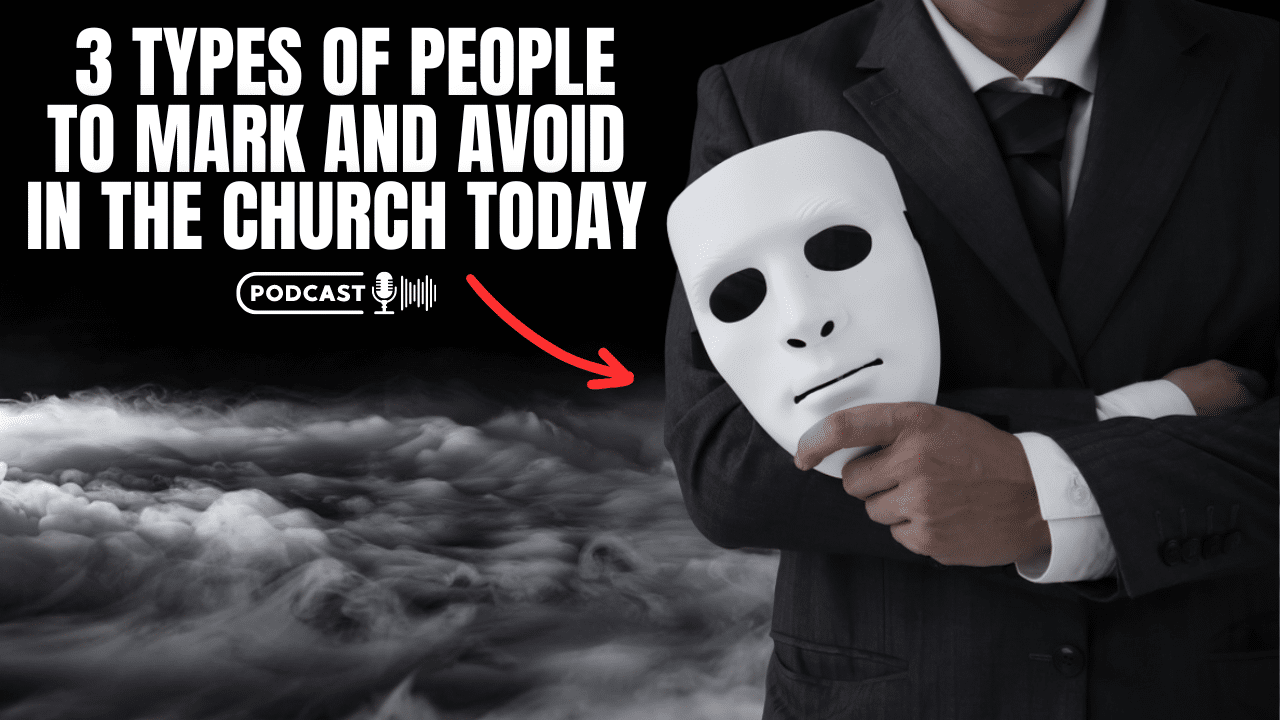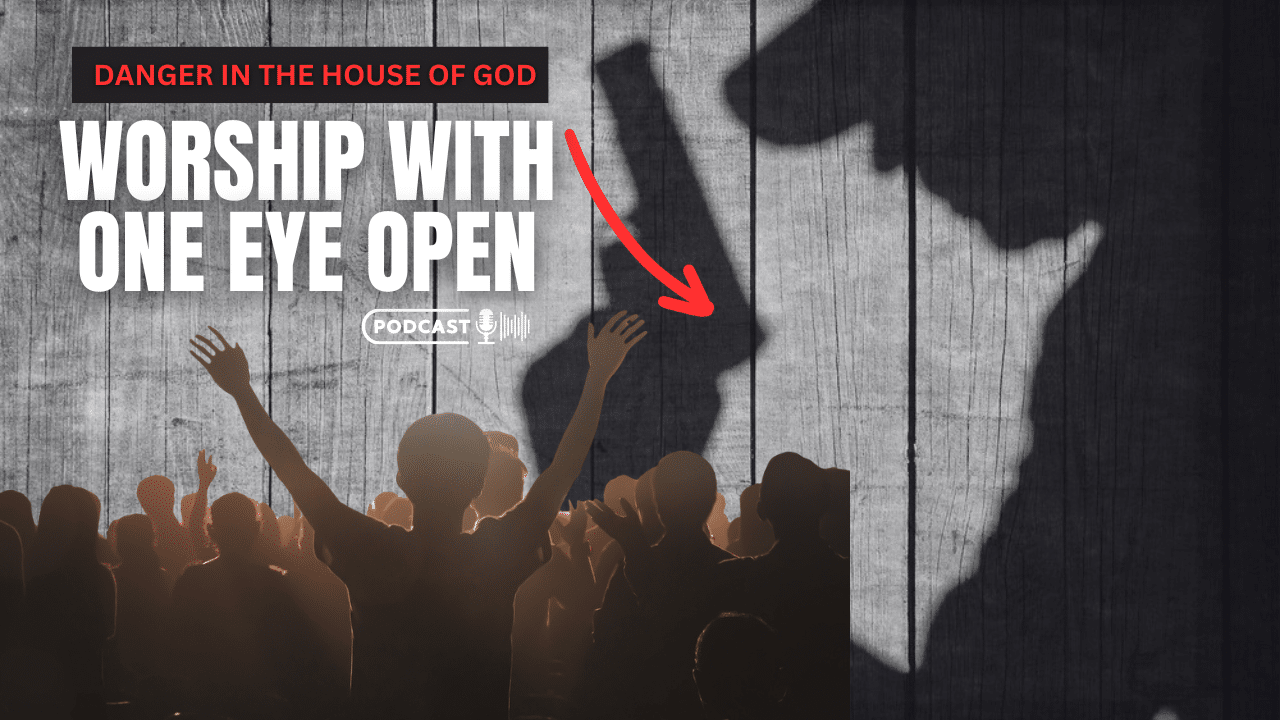(OPINION) Deepfake videos have the power to deceive and manipulate the masses, especially in a world where videos can go viral within seconds.
What was once a complex and time-consuming process reserved for skilled individuals is now within the reach of virtually anyone thanks to powerful software and machine learning algorithms, creating convincing deepfakes has become alarmingly effortless.
Fake videos of celebrities promoting phony services have begun to gain some traction on major social media platforms like Facebook, TikTok, and YouTube.
Last week, NBC News viewed more than 50 videos posted to those sites that featured computer-manipulated images and audio of well-known people, all of which appeared to have been created to scam viewers out of money.
Many of them centered on Elon Musk, with manipulated videos of several news and television personalities — including CBS News anchor Gayle King, former Fox News host Tucker Carlson and HBO host Bill Maher — falsely claiming Musk had invented a technologically advanced investment platform.
Most of the videos continued with a similarly deepfaked version of Musk, who encouraged viewers to invest their money in the nonexistent platform. Musk, the owner of X, formerly known as Twitter, has promoted some cryptocurrencies in the past, leading to his becoming extremely popular with scammers who use his image for their own gain.
Many of the videos had tens of thousands of views showing how quickly such videos can spread and some experts are warning the first “deepfake election” will arrive next year, when a substantial number of voters will see political disinformation videos online and not be able to tell with certainty whether they’re real.
It may only be a matter of time until a deep fake goes viral to the degree that it causes a national crisis – such as a fake political assassination or other dramatic news event that would destabilize our society. This could be the triggering event to bring about new rules for the internet – including a digital ID system.
The idea of a digital ID system is not entirely new. In some countries, digital identification has already been implemented for government services and online banking. However, expanding the use of digital IDs to cover all online activities would be a significant step towards global ID for everyone. No ID, no access would change the nature of identification and verification systems worldwide.
While it might seem to make sense on some levels, the threat to personal freedoms and the potential for abuse by the Government is vast. In the same way that digital currency provides authorities the ability to track and record every online financial transaction you make, digital ID will provide the same for every click you make online. Do we really want the government to have real-time access to our web browsing?
The ability of governments to control what we see and don’t see online would make Facebook censorship over ‘community standards’ pale in comparison. That which is branded ‘hate’ or ‘misinformation” would be blocked and as conservatives have learned – it is often traditional Biblical values that are branded as such.
Europe has already taken the first step towards such restrictions with the ‘Digital Services Act’, which can fine or ban people for similar offenses. However, this would be on an entirely larger scale and in the wrong hands – putting global control over the flow of information into the hands of a few.
The United Nations has made no secret of its plans to have a global digital identity as part of its Sustainable Development Goals set forth in Agenda 2030. Some of the more controversial technologies already being talked about for maintaining such a digital ID system are chip implants that can be inserted into someone in chip form.
You would then scan that chip ID over an internet-enabled device to gain access. It has been suggested such chips could not only be used as a form of biometric identification but also incorporate a digital wallet (digital currency) and health records (vaccination records).
Students of Bible prophecy have long warned that our society was slowly marching towards acceptance of technology that is described in the Book of Revelation.
Revelation 13 describes a time in which a ‘mark’ in the right hand or forehead would be used as both a symbol of identification with the Antichrist and a means to conduct commerce. Without that mark, no one can buy or sell. Agenda 2030 is still seven years away but at the rate technology and society is changing, we may see such changes faster than anyone thought. (READ MORE)

















